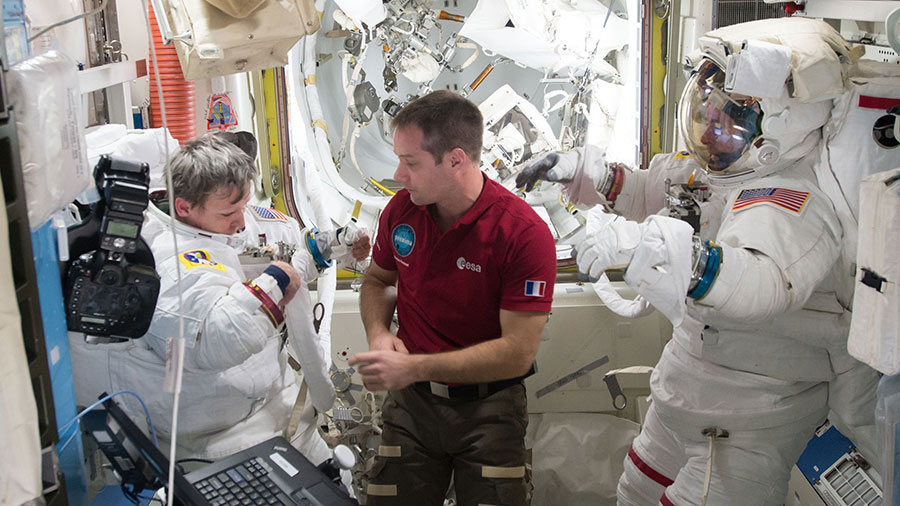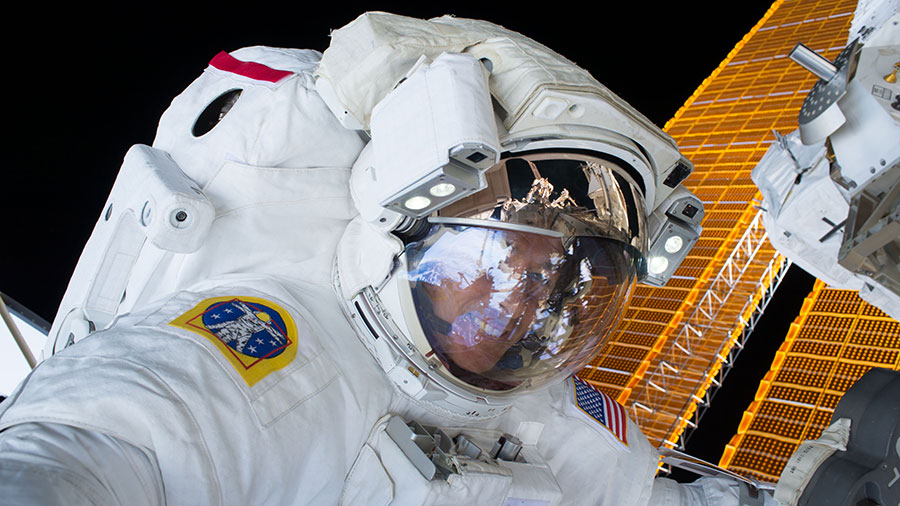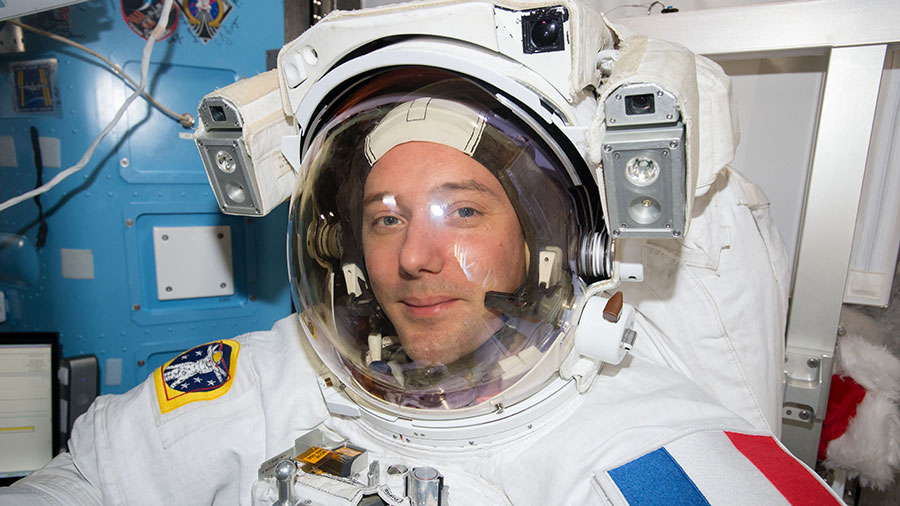Extravehicular Activity (EVA) Preparation: Today the crew performed final preparation for EMU EVA #39 (Channel 1A Battery R&R). Hatch open is scheduled tomorrow, Friday January 6th at 12:10 GMT (6:10 CST). Earlier today the crew completed the pre-EVA health status exams, final EVA tool configuration and procedure reviews. Ground specialists and the crewmembers participated in …




























